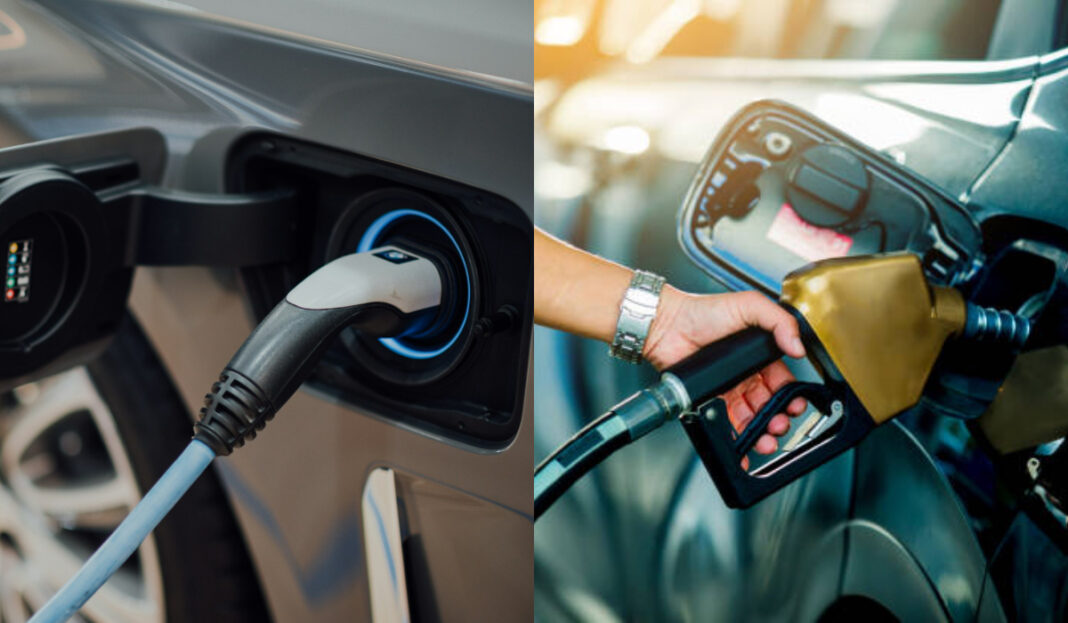China’s automotive giant, BYD Co., has developed a groundbreaking super-fast charging system that promises to enable drivers to charge an electric vehicle (EV) in roughly the same time it takes to refuel a gasoline car.
BYD, an acronym for “Build Your Dreams,” is one of the world’s leading electric vehicle manufacturers. Known for producing both battery-electric and plug-in hybrid vehicles, the automaker has experienced remarkable growth in recent years. According to its annual reports, BYD surpassed Tesla in global EV sales for 2024 and continues to expand its global footprint.
CNN reports that BYD achieved revenues of $107 billion for 2024, surpassing Tesla’s $97.7 billion for the same year. The automaker has unveiled its “Super E-Platform,” which can charge its latest models in just five minutes, offering a range of up to 400 kilometers (248.5 miles). To support this innovation, BYD plans to establish 4,000 ultra-fast charging stations across China.
How BYD Compares to Tesla and Other Competitors
BYD claims its new charging system surpasses Tesla’s Superchargers, which can charge a range of 275 kilometers (170.9 miles) in 15 minutes. Mercedes-Benz’s entry-level CLA electric vehicle can achieve 325 kilometers (201.9 miles) in 10 minutes, while other Chinese competitors like XPeng and Zeekr provide charging systems capable of adding 450–550 kilometers (280–342 miles) of range in 10 minutes. BYD’s new battery outperforms all of these, making it the fastest-charging battery currently available.
This battery is engineered to handle one megawatt (1,000 kilowatts) of electricity, drastically reducing charging times. The innovation is made possible by minimizing internal resistance within the battery, which results in less heat generation during high-power charging. BYD’s Han L sedan and Tang L SUV will be the first vehicles equipped with this technology.
Challenges and limitations
Despite the excitement surrounding the new battery, there are challenges to consider. Ultra-fast charging systems consume significant amounts of energy, which could strain power grids. Additionally, building high-powered charging stations is expensive, and many areas still lack the necessary infrastructure.
Battery health is another potential concern. Charging at such high speeds over time may reduce a battery’s lifespan. However, BYD reassures consumers that its new battery is designed to withstand repeated rapid charging without significant deterioration.
With clean transportation playing a critical role in achieving net-zero emissions and other climate goals, BYD’s advancements in battery technology are essential to the growing adoption of EVs.
“In order to completely solve our users’ charging anxiety, we have been pursuing a goal to make the charging time of electric vehicles as short as the refueling time of petrol vehicles,” said Wang Chuanfu, Chief Executive Officer (CEO) of BYD. “This is the first time in the industry that the unit of megawatt has been achieved on charging power.”




